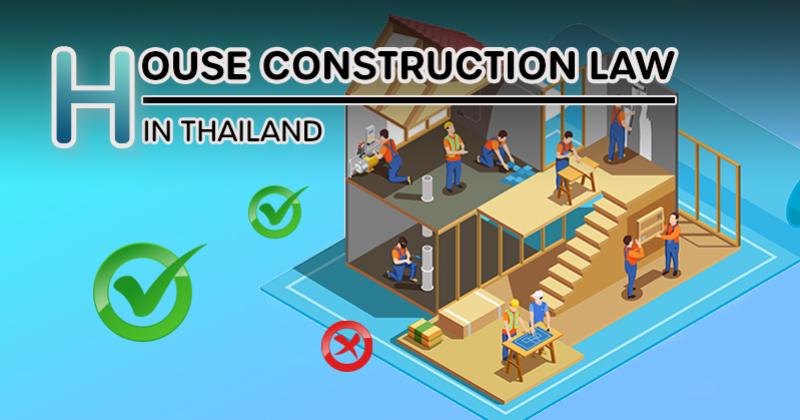
สร้างเมื่อ : 25 ก.ค. 2566
แก้ไขล่าสุดเมื่อ : 25 ก.ค. 2566
THAILAND VISA?
A visa is a document that indicates a person has been granted permission to enter a country for a specified period of time. The issuing authority typically stamps a sticker or impression in the passport, although some countries use electronic visas that are linked to the passport through computer systems, without physically stamping the passport. Each type of visa may come with various conditions, such as the visa's duration, the allowed regions or areas for entry, and the period of time in which the traveler can enter and exit the country.
1. How many types of visas are there?
Keep in mind that this is not an exhaustive list, and some countries may have additional or specialized visa categories based on their unique immigration rules and requirements. If you are planning to travel to a specific country, it's essential to check with the respective country's official embassy or consulate to get accurate and up-to-date information about the types of visas available.
2. Generally, a foreign citizen who wishes to enter the Kingdom of Thailand is required to obtain a visa from a Royal Thai Embassy or a Royal Thai Consulate-General. However, nationals of certain countries do not require a visa if they meet visa exemption requirements as follows:
(1) they are nationals of countries which are exempted from visa requirements when entering Thailand for tourism purposes. Such nationals will be permitted to stay in the Kingdom for a period of not exceeding 30 days. For more information, please see Tourist Visa Exemption;
(2) they are nationals of countries which hold bilateral agreements with Thailand on the exemption of visa requirements. For more information, please see List of Countries which have Concluded Agreements with Thailand on the Exemption of Visa Requirements.
3. Nationals of certain countries may apply for visa upon arrival in Thailand. Travelers with this type of visa are permitted to enter and stay in Thailand for a period of not exceeding 15 days. For more information, please see Visa on Arrival.
4.Travelers travelling from/through countries which have been declared Yellow Fever Infected Areas must acquire an International Health Certificate verifying the receiving of a Yellow Fever vaccination.
5. "Visa on Arrival" is a type of visa that can be obtained at the designated immigration checkpoints upon arriving at the destination country. Travelers will receive this visa directly at the immigration checkpoint upon arrival. This type of visa allows tourists to apply for it right away at the immigration checkpoint without the need for prior application or approval. It is not necessary to go through the visa application process at an embassy or consulate before traveling.
6. Please note that the period of visa validity is different from the period of stay. Visa validity is the period during which a visa can be used to enter Thailand. In general, the validity of a visa is 3 months, but in some cases, visas may be issued to be valid for 6 months, 1 year or 3 years. The validity of a visa is granted with discretion by the Royal Thai Embassy or Royal Thai Consulate-General and is displayed on the visa sticker.
7.The process of applying for a visa to enter a country, especially for tourism purposes, typically involves three main channels:
8.The documents required for a visa application typically include:
Today, our page is presenting information about the Thailand Elite Visa, hoping that it will be beneficial for all of you who come here to read. Additionally, The Property Center page also has many other great articles that you can read. If any of you are looking to find a house or other real estate, you can entrust your property to us for sale. We have clients contacting us every day, and we will professionally handle the work on your behalf. The Property Center warmly welcomes all homeowners. We have a team that posts on various online media platforms and creates advertisements in newspapers and marketplaces. These services are free, and we only charge a commission fee of 3-5%. Please contact us promptly.
Thank you for information from:
http://www.immigration.go.th/?page_id=2763
https://www.trueplookpanya.com/dhamma/content/92243
http://travel.kapook.com/view264976.html

